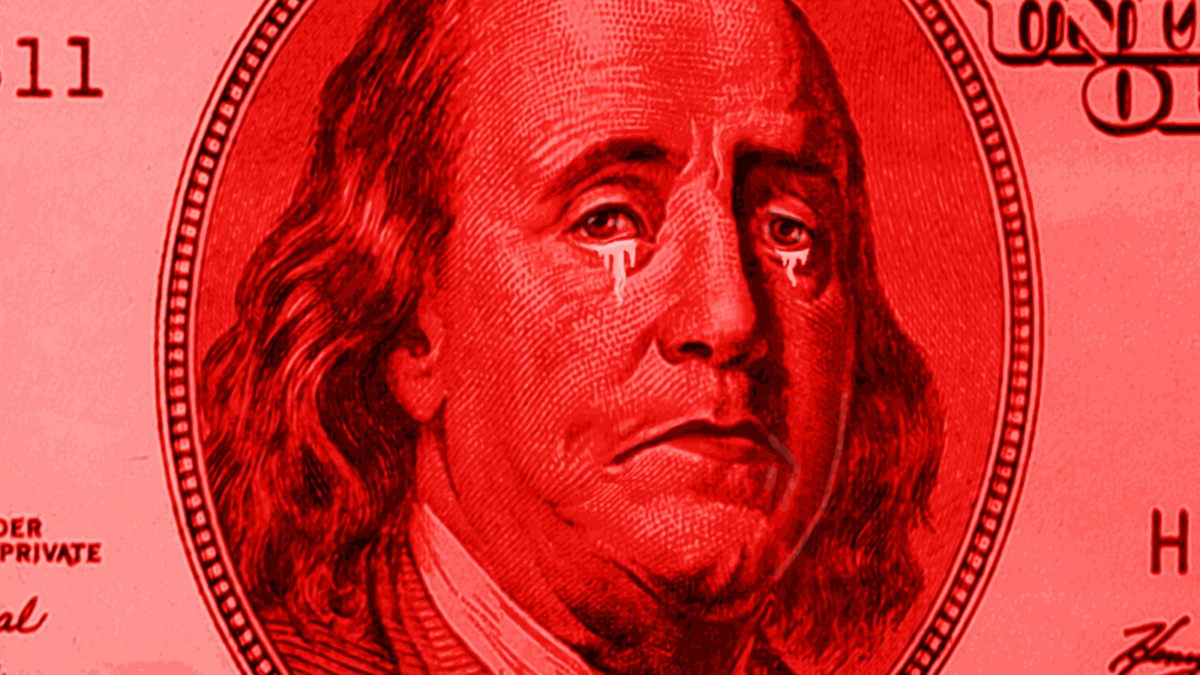A growing debt pile could signal the return of bond vigilantes
In the United States, the removal of the sitting Speaker of the House, Kevin McCarthy “dramatically increases” the probability that the US government will be shut down in mid-November, according to Allspring Global Investment’s latest Allview Risk Monitor. A prolonged government shutdown right before the Thanksgiving and Christmas holidays would be disastrous for both retail sales and travel, and could push the US economy into recession.
That in part begets a new addition to Allspring’s risk list: a potential return of the bond vigilantes.
Bond vigilantes are traders who sell or threaten to sell large amounts of bonds to protest the policies of their issuer. The political dysfunction in Washington, massive debt and deficit levels that continuously need to be refinanced, and Fitch’s recent downgrade of the US credit rating is enough to give any holders of U.S government debt “pause”.
“The risk here is that the pause turns into a protest that leads to a failed Treasury auction and an instantaneous spike higher in the yields of long-dated US Treasury bonds,” writes Allspring’s Investment Analytics team. “… Portfolios overweight US duration could experience significant underperformance relative to their benchmarks.”
The possibility of a shooting conflict between NATO and Russia still looms large, as does a global recession, with many of the major world economies “exhibiting signs of economic contraction”. And while markets so far seem unperturbed by it, it’s impossible to ignore the risks that arise from the ongoing war between Israel and Hamas. Iran is “universally considered” the financial and military backer of the recent attacks on Israel, while Iranian naval vessels have seized multiple oil tankers this year in the Persian Gulf.
“While the human death toll is staggering, our mandate is to focus on how these actions could affect global markets,” the team wrote. “Given that, we’ve re-added our previous concern relating to a military strike on Iran. It’s highly likely that Israel will seek to hold Iran accountable for the actions of Hamas. Any military strike on Iran will likely lead to a dramatic rise in the price of crude oil.”









